Before any question is asked, the tone is set. Did they greet you properly? Did they look up? These seconds matter more than forms. Trust doesn’t build from prescriptions. It begins with posture, silence, and how much space you’re given to speak.
You don’t need to share everything at once, but consistency deepens comfort over time
Switching doctors resets the process. Repeating your story drains energy. Staying with one GP, when possible, builds rhythm. They notice patterns. They track changes. Small mentions from last year return in conversation. That memory, even small, signals value.
Saying “I don’t know” should not break trust—it often strengthens it if said honestly
A good GP won’t pretend. They might hesitate. Pause. Refer. That pause means they’re thinking. It doesn’t mean failure. Patients often expect certainty. But medicine doesn’t always offer it. Admitting limits means your care isn’t rushed through assumption.
When your GP remembers your name, your child’s allergy, or your last fear—it matters deeply
It seems small. But it isn’t. It shows recall. Not just from the file—but from memory. That’s when visits feel less clinical. You’re not just a chart. You’re someone worth remembering. These aren’t tricks. They’re investments in continuity.
A rushed GP might not mean careless—it may mean a broken system is limiting their time
Sometimes you get ten minutes. Sometimes eight. That’s not always their choice. Clinics push pace. Schedules fill. It’s frustrating. But don’t confuse system pressure with personal dismissal. A good GP still shows care—even briefly.
Your honesty gives them direction, but only if you feel safe enough to be fully open
You hide a symptom. Embarrassed. Afraid of judgment. That’s human. But it delays clarity. The GP listens better when given context. Shame slows healing. Trust grows when you test their reaction and feel no harm in return.
Repeat visits around vague symptoms should never be dismissed—they signal a deeper trust request
“I still feel tired.” “The pain’s back.” These aren’t annoyances. They’re invitations to dig deeper. GPs who listen again, not judge, hold value. You’re not repeating to waste time. You’re repeating to be heard differently.
Cultural or language gaps can stall communication unless both sides make space for explanation
You use different terms. They ask again. Don’t rush. Don’t let misunderstanding widen. A good GP slows down. Clarifies. Adapts tone. Metaphors shift across languages. That flexibility builds bridges. It doesn’t come from textbooks—it comes from attention.
Medication discussions build trust when options are explained, not just handed across the table
You want to know why. You ask about side effects. You compare names. This isn’t challenging them—it’s understanding your body. GPs who welcome these questions anchor trust. The pill matters less than the clarity around it.
Small non-medical moments often shape the relationship more than clinical accuracy ever will
A smile when you mention work. A nod at your child’s name. Eye contact when you share grief. These seconds matter. They tell you this person cares beyond symptoms. Empathy isn’t taught—it’s practiced over years, in tiny, quiet ways.
Referrals given quickly don’t mean disinterest—they sometimes mean your GP knows their limit
You expected answers. They offer a specialist. That’s not avoidance—it’s wisdom. GPs aren’t failing by stepping aside. They’re protecting you from delay. A confident GP doesn’t hoard care. They direct it where it belongs.
Digital notes and patient portals support trust only when they don’t replace human presence
You get reminders. Messages. Access to results. Helpful, yes. But not enough. You still need voice. Gaze. Tone. The screen aids. It doesn’t replace. Trust lives in the pause after your words—not in the speed of system updates.
Good GPs follow up even when you didn’t expect them to remember
You leave. Weeks pass. Then a call. A message. They check your scan. Or recall your last bloodwork. That surprise follow-up cements care. It means they carried your story beyond the appointment. That’s where trust locks in.
You don’t need to agree on everything—but you need to feel heard when you disagree
You decline a test. Question a suggestion. The GP listens. Doesn’t push. Explains calmly. That’s trust. Not in agreement—but in safety. Disagreement without dismissal builds a bond. Especially when both sides remain engaged.
The most trusted GPs are often those who admit what they felt unsure about, then return with clarity
You see them rethink. They say, “Let me check.” They call back. Or send new information. That reflection shows care. They didn’t guess. They paused for you. That pause isn’t hesitation—it’s deeper responsibility.
Source: General Practitioner in Dubai / General Practitioner in Abu Dhabi
